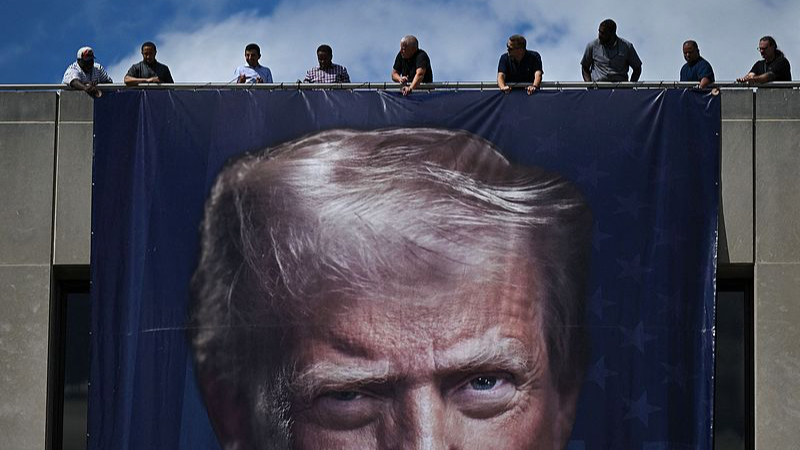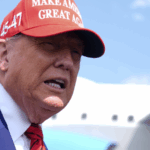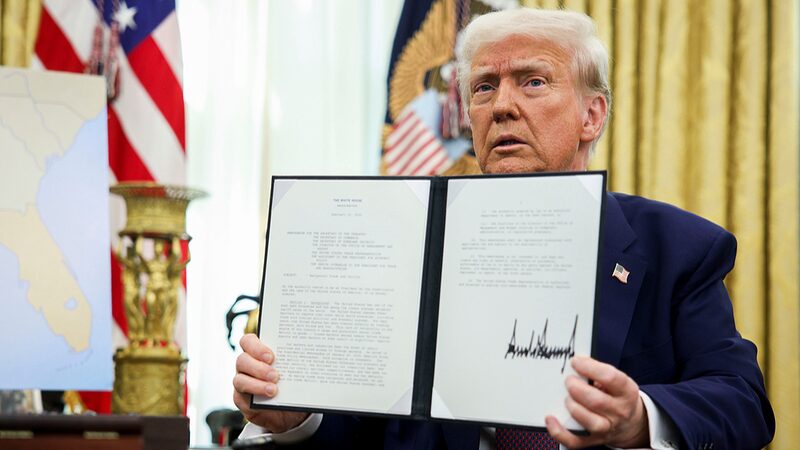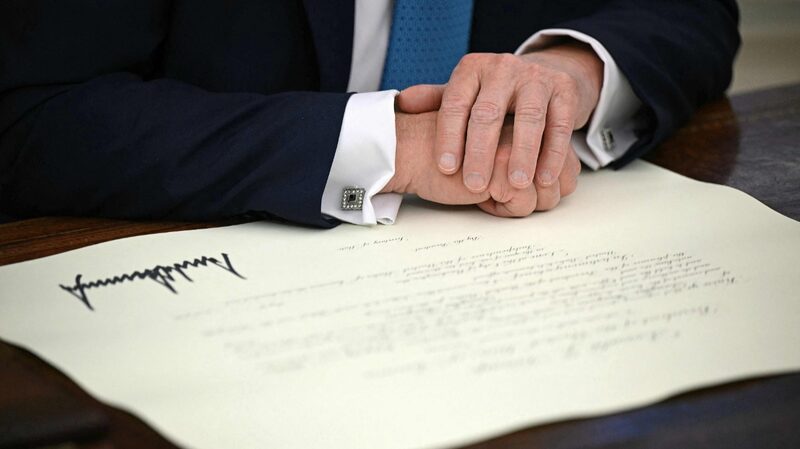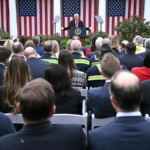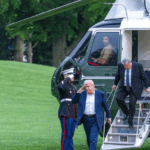As global trade tensions escalate, China is increasingly positioned to shape a new international economic framework, drawing lessons from historical missteps and leveraging multilateral cooperation. The Trump administration's 2025 "reciprocal tariff" policy, mirroring the 1930 Smoot-Hawley Tariff Act, has reignited concerns about protectionism's destabilizing effects. Historical parallels reveal how such policies exacerbated the Great Depression and fueled geopolitical conflicts—a cautionary tale for today's fragmented trade landscape.
Trade Wars and Global Repercussions
The U.S. tariff strategy has disrupted supply chains, accelerated economic decoupling, and heightened geopolitical risks. Like the 1930s, unilateral measures risk triggering retaliatory cycles, undermining trust in international institutions. China, as the world's second-largest economy, is prioritizing multilateral platforms like BRICS and the Shanghai Cooperation Organization to counter fragmentation. Initiatives such as expanding Global South collaboration and region-specific partnerships with Africa, Latin America, and Arab states aim to foster inclusive development.
Building Bridges, Not Barriers
China's emphasis on equitable trade rules and South-South cooperation reflects its commitment to stabilizing the global order. By supporting open dialogue and shared modernization goals, Beijing seeks to mitigate the impacts of protectionism while advancing a vision of collective prosperity. Analysts suggest these efforts could redefine international economic governance, offering alternatives to zero-sum trade policies.
Reference(s):
China is poised to play a vital role in shaping a new global order
cgtn.com
